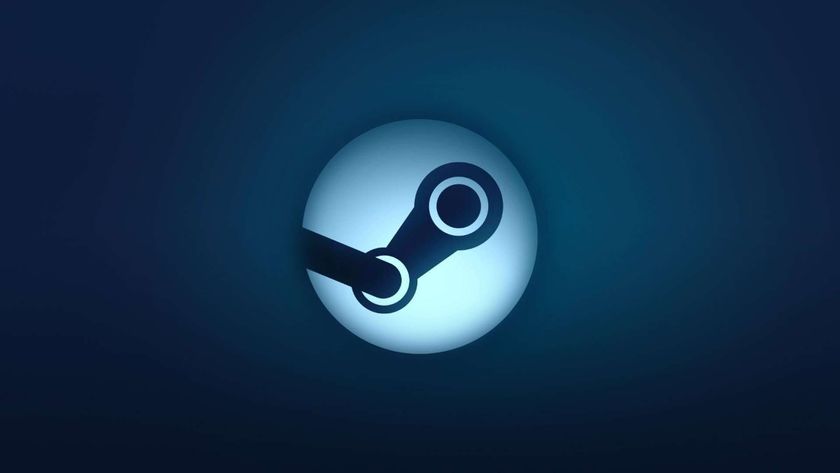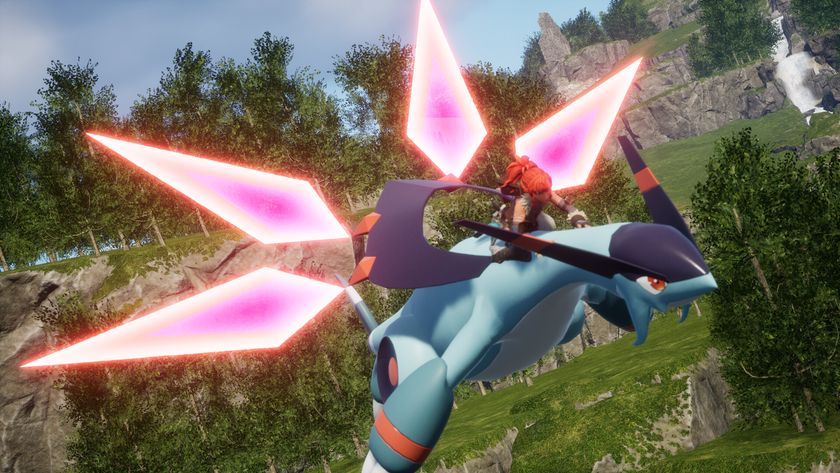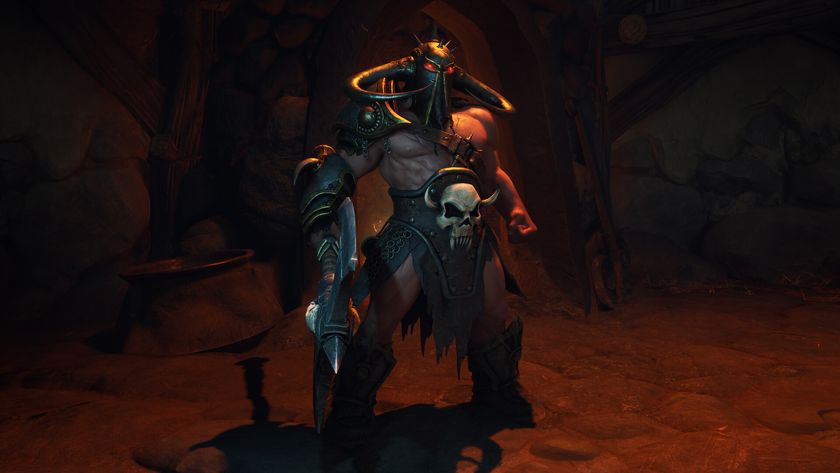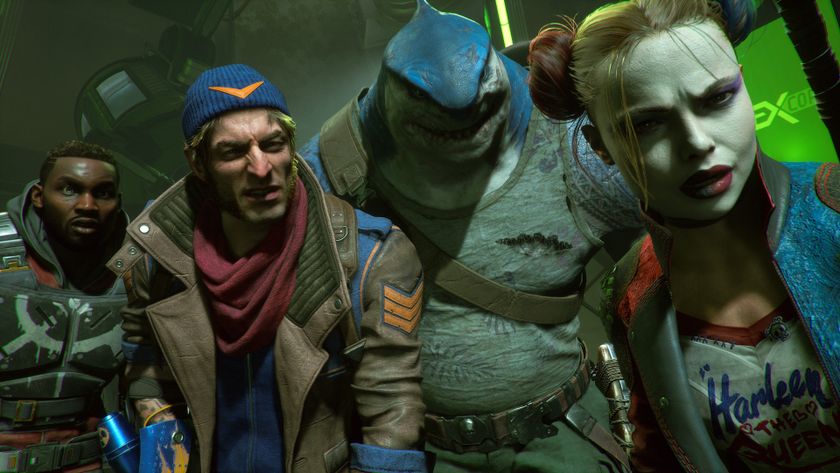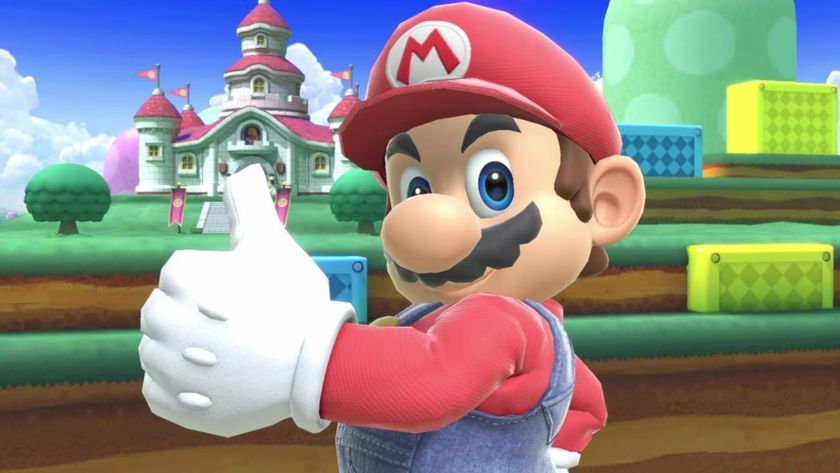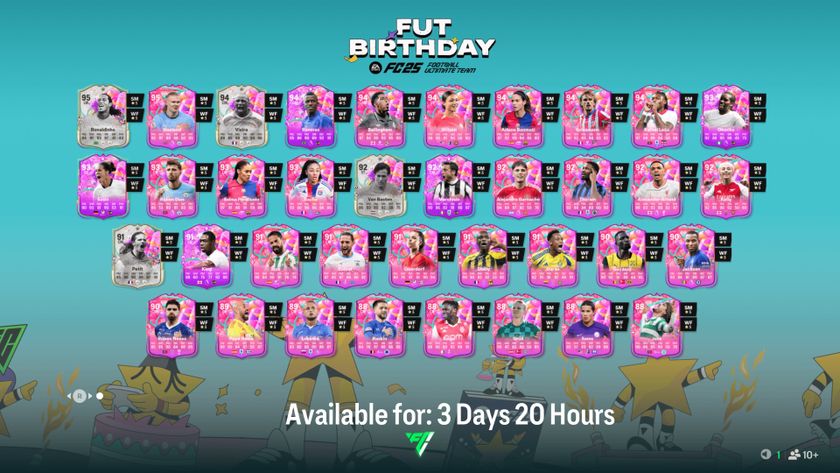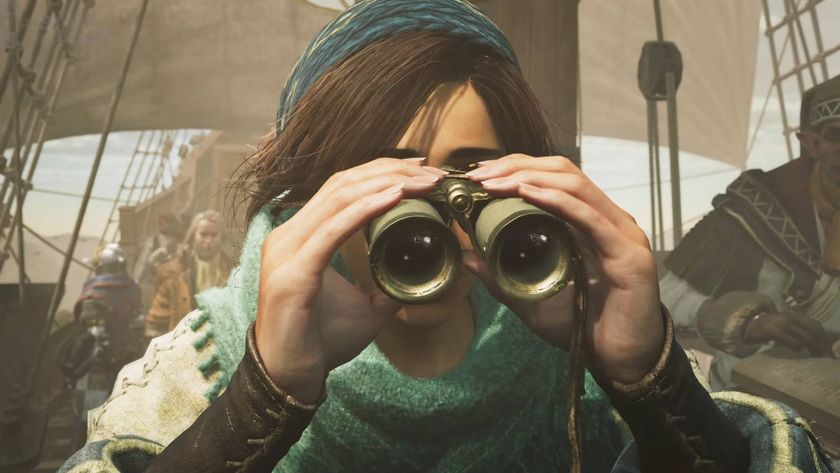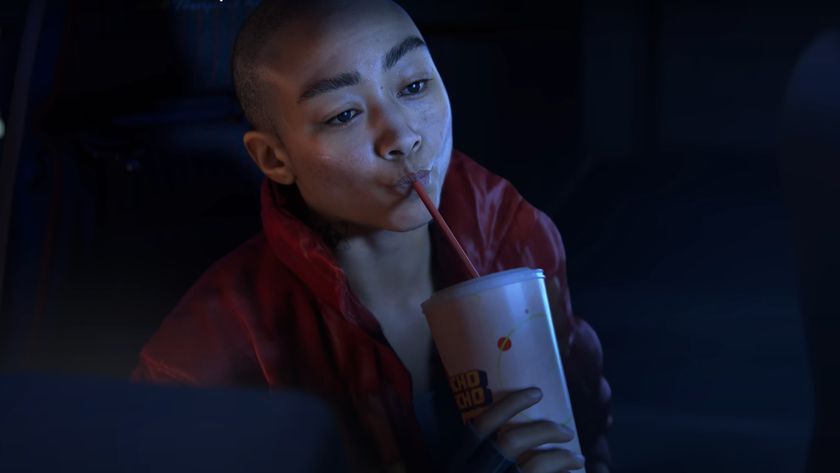Game devs rejoice as FTC approves ban on non-compete clauses: "There are going to be SO MANY new indie games from AAA devs"
New and existing non-competes will become unenforceable for most workers in the United States
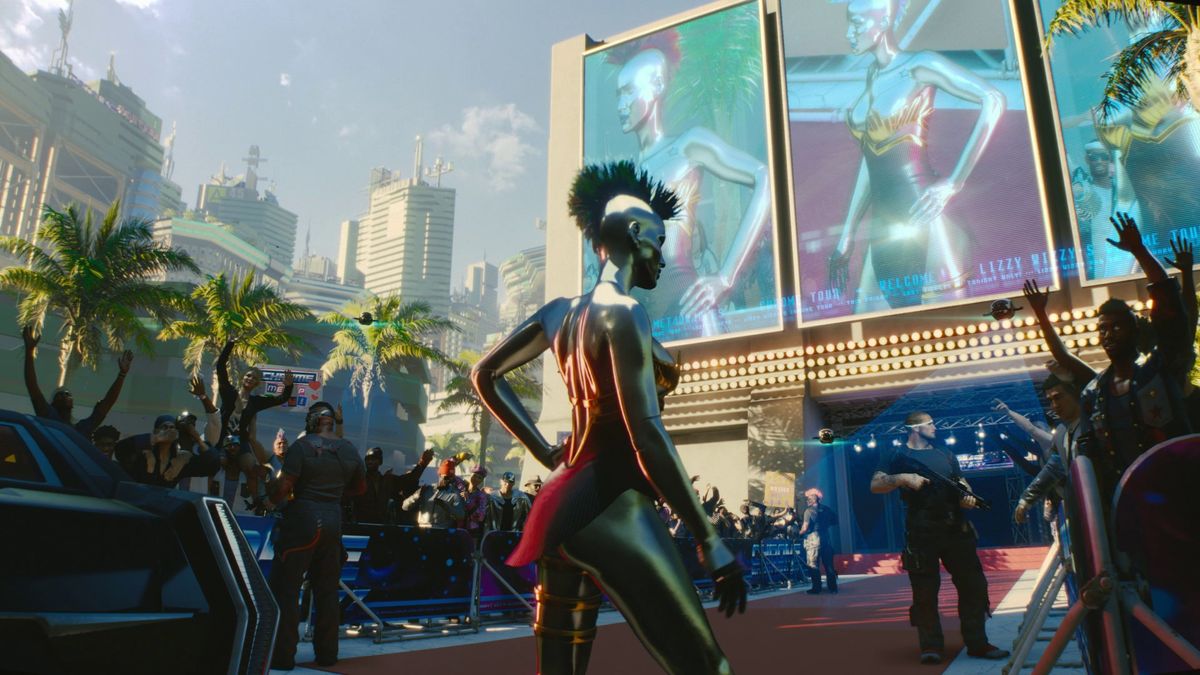
Game devs are celebrating the Federal Trade Commission's announcement of a new rule which will ban the majority of non-compete clauses from being enforced in the United States. In theory, it should open doors for developers to move to new companies and potentially work on fresh games far sooner than they might have been able to before.
If you were unfamiliar with the term, generally speaking a non-compete is an agreement which employees can be bound to which stops them from being able to take a new job after they've left a company if it'd see them 'compete' against the company that had them agree to the clause.
For example, it could be prohibited to move to a similar job role with a rival company which is considered to be a competitor, or to start your own company which would rival the original one. These agreements last for a set amount of time from when an employee leaves the company they made the agreement with, essentially limiting their employment options until it's over.
- Steam doubles down on a 5-year-old rule to make it more visible: "Developers should not utilize paid advertising as a business model in their game"
- Palworld dev says he's swamped with offers for Pocketpair's new publishing company, which is all about "giving devs the financial freedom to make games they want"
However, the Federal Trade Commission (FTC) has now issued a final rule that will ban employers from enforcing fresh non-competes, and render existing ones for everyone apart from senior executives (people in policy-making positions who make over $151,164 per year) unenforceable 120 days after the rule's publication in the Federal Register. This is enormous news for the majority of workers in the United States, as non-compete clauses can be applied to all sorts of roles across a variety of industries, the games industry being just one of them.
"HELL YEAH," art director Zara Varin writes on Twitter, alleging that "every contract position" they've held at game studios in the past "included an absolutely vile non-compete clause that agencies would refuse to take out." They add: "Getting rid of that garbage is great news!"
Others, such as indie studio Flippfly co-founder Aaron San Filippo believe that "there are going to be SO MANY new indie games from AAA devs" because of the rule change. It remains to be seen if this will be the case, but in theory, it makes sense. After all, if a developer is restricted from competing against a company they used to work for, that could include starting up their own indie studios, at least for the amount of time that their non-compete is in place.
Right now, the FTC's ban hasn't been rolled out, so there'll be some time before we can expect to see it have any impact on the games industry. However, at the time of writing, it seems like it'll be a positive change for many in the industry, which will certainly be welcomed in what's still a rough time for many developers as significant layoffs at studios across the world continue.
Sign up to the 12DOVE Newsletter
Weekly digests, tales from the communities you love, and more
For now, be sure to check out our list of upcoming indie games for 2024 and beyond.

I'm one of 12DOVE's news writers, who works alongside the rest of the news team to deliver cool gaming stories that we love. After spending more hours than I can count filling The University of Sheffield's student newspaper with Pokemon and indie game content, and picking up a degree in Journalism Studies, I started my career at GAMINGbible where I worked as a journalist for over a year and a half. I then became TechRadar Gaming's news writer, where I sourced stories and wrote about all sorts of intriguing topics. In my spare time, you're sure to find me on my Nintendo Switch or PS5 playing through story-driven RPGs like Xenoblade Chronicles and Persona 5 Royal, nuzlocking old Pokemon games, or going for a Victory Royale in Fortnite.
